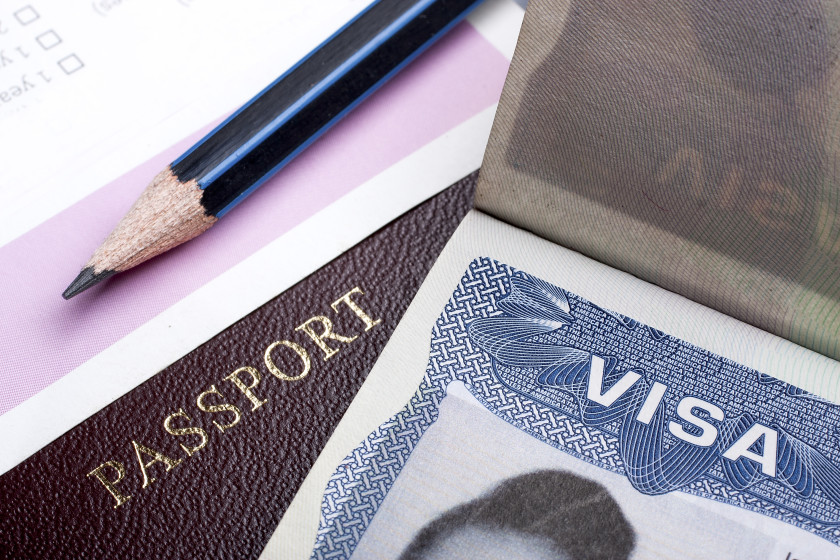How To Work In The UK After Studying There

Whether you are already studying in the UK, or simply considering it, you may be looking ahead at your options once you graduate.
The UK attracts a large proportion of all international students (around 12%), and 18% of those in higher education in the UK in 2013-14, were international students.
Among the big draws for students is the high quality of life and good employment prospects after graduation. But unless you are a resident of a country within the European Union, or European Economic Area (EEA), in which case you are able to live in the UK with few restrictions, you will need to jump a few hurdles to remain in in your new home once your course finishes. Put simply, you’ll need to find well-paid work.
As soon as you graduate, international students need to switch their visa to a work-related one if they wish to extend their stay. However, new laws have made it tougher for international students to do so, and the post-study work visa was scrapped in 2012. This had allowed non-EU students to stay in the UK and work for up to two years after graduation while looking for work, whereas students are now able to stay for just four months after the completion of their course. What’s more, most international students who are able to find work will need to have a starting salary of at least £20,800.
“Job hunting after uni was tough,” says Frank Van Den Berg, 23, who grew up in Holland and moved to the UK to study history at University College London.” It took me almost six months to find a good graduate position here, it’s so competitive. Fortunately I was able to survive by working in bars while I looked for work.” He adds that the freedom to stay and do casual work for as long as he wished was a huge help – a privilege that students from outside the EEA don’t have.
Do you need to book student accommodation in the UK? Student.com has fantastic student accommodation available in London, Manchester, Liverpool and many more cities.
Find accommodation for your studies in the UK now
The visa options explained
There are several options available when applying for a visa, and you should read through them carefully before deciding which is right for. Although you’ll normally have to complete your course before applying, you should plan in advance so you act quickly. It can take a long time for your sponsor to issue a certificate and for your visa to be processed. A full list can be found on the UK government website, but most graduates apply for one of three visas. These are:
Tier 2
Tier 2 is the most common visa route for international graduates. To qualify, you’ll need to find work with an employer who is willing to pay you a minimum salary of £20,800 a year, and depending on the type of work you wish to do, this figure may rise. Further to this, the employer is usually required to demonstrate that they have advertised the job and were unable to find a suitable UK applicant to fill the post before they can offer it to an international student.
There’s no denying it can be difficult to obtain a Tier 2 visa, as Mia Chen, 25, from New South Wales, Australia, discovered. She says that she intended to stay in the UK after she graduated from Durham University, but felt she had almost no chance of finding work. “I got the sense that many employers wouldn’t even consider an international student,” she says. “Most of the companies I applied to didn’t even reply to me.”
However, finding work as an international student is not impossible. In 2014, 5,639 students were granted permission to stay in the UK under Tier 2, according to the UK council for student affairs.
Eventually, around 45 applications later, Chen says she finally got her first interview, and landed a graduate placement at Land Rover. “It was worth the hours of stress and job searching, but I wish I’d prepared more in advance so I wasn’t scrambling around at the last minute,” she says.
Improving your chances of getting a Tier 2 Visa
There are plenty of things you can do to improve your chances of successfully finding a certified employer to sponsor you for a Tier 2 visa after you graduate. For example:
Part-Time Job/Placements
Most graduates need to obtain work experience alongside their degree to be successful in the UK graduate job market. Seeking out part-time work or an internship placement that’s linked to your degree can help you develop real-life skills and industry contacts. If opportunities are scarce, consider approaching companies and offering to volunteer in your chosen industry. Volunteering can be a great way to gain experience while doing something you are interested in and enjoy.
Entrepreneurial skills
Business knowledge isn’t just useful for would-be business owners: employers value them too. Many universities will have opportunities for you to pick up experience in this area through various programs, and you can be proactive by taking the lead in university societies. It’ll all make for impressive reading on your CV.
Language skills
As an international student, you may already speak more than one language, which will help to set you apart from other candidates. However, if you do not have a native level of English proficiency, be aware that you’ll need a high standard of English to stand a chance of landing a job in the UK. Work on your skills while studying for your degree, and take additional classes if you feel you need to.
....
No comments